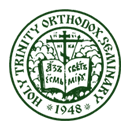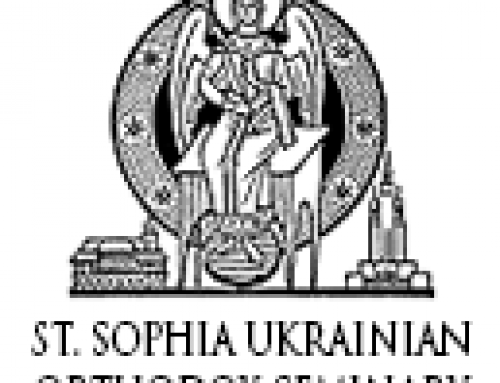This post was originally published on this site
On Saturday, March 26, 2016, Dr Alexander Pavuk delivered a lecture on a topic that is difficult to approach on account of its scope, covering science, philosophy, religion and history. It is difficult to approach on account of the multitude of perspectives from respected academics and researchers in their respective fields which do not agree. This unique and extraordinarily valuable lecture was delivered to the HTOS student body, professors, members of the community, and guests.
The precis for the talk was as follows: “One of the most influential ongoing discussions in modern public culture centers on the putative relationship between ‘science’ and ‘religion.’ Taken up in recent decades by some influential and renowned figures including physicist Steven Hawking, British intellectual Alister McGrath, Orthodox thinkers Efthymios Nicolaidis and Dn. Andrei Kuraev, and others, the books and articles produced in this arena span crude reductionism to historically and theologically informed models of solid scholarship. Despite the latter works, however, popular narratives continue to reinvigorate worn-out old metaphors of science-religion conflict or warfare, narratives spurred on over time not only by self-styled ‘scientific atheists’ like Richard Dawkins but also by some who consider themselves Christian in the most fundamental senses. If one is to understand the nature of these debates and fruitfully engage believers and others interested in them, it is useful to consider the role of two crucial albeit unstated assumptions at work in much popular rhetoric: the historical myth of Progress and the philosophy of scientism. In this presentation I will outline some of the historical background of these ideas and consider their role in recent examples from the public science-religion conversation.”
Dr. Pavuk, having completed a 600-page doctoral thesis on many aspects of science and religion in history, is uniquely qualified to give such a talk. He has been recently published in the Journal of Religion in American Culture and US Catholic Historian, and has a forthcoming article in Historical Research by the University of London School of Advanced Study.
The lecture began with working definitions of ‘Science’ and ‘Scientism,’ the proper role of philosophy, and how the idea of science has changed over the course of hundreds and even thousands of years to the present day. He outlined a history of real and perceived conflict between more recent philosophers since the Western-European “Enlightenment” and different Western Church authorities, and what was behind those conflicts, especially in relation to different understandings of fallen human nature and its potentiality for being healed. He described the confusion created by Scientism and how it was employed by major thinkers in pursuit of societal perfection, including Karl Marx.
Dr. Pavuk offered a solid resolution to perceived conflicts through understanding the difference between science and philosophy, and also by understanding more traditional approaches to Biblical narratives, especially the Eastern Orthodox patristic interpretation of Holy Scriptures.


